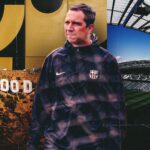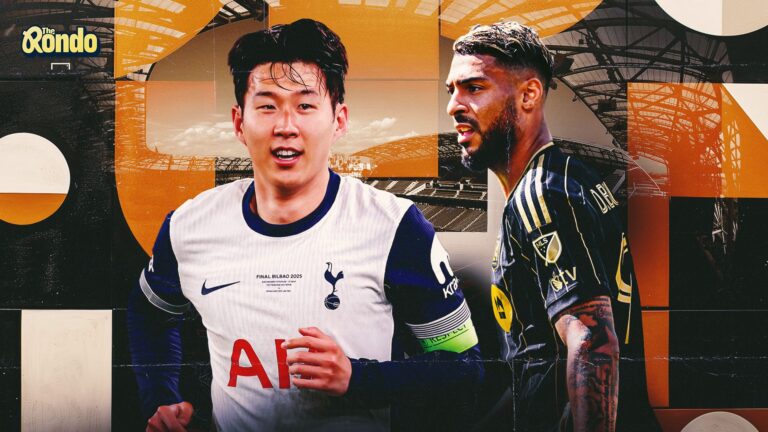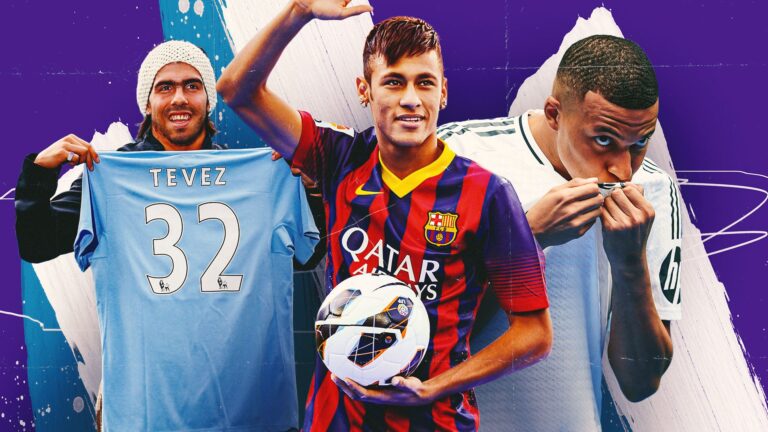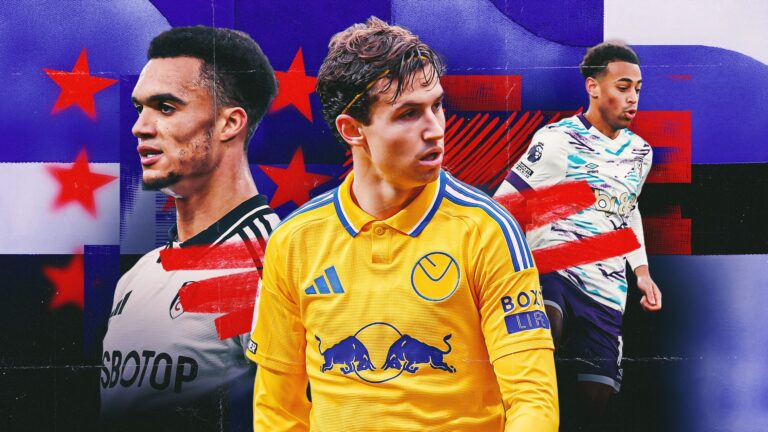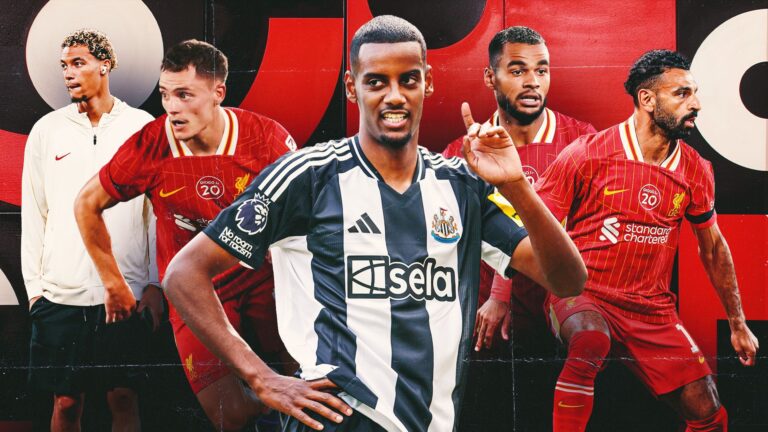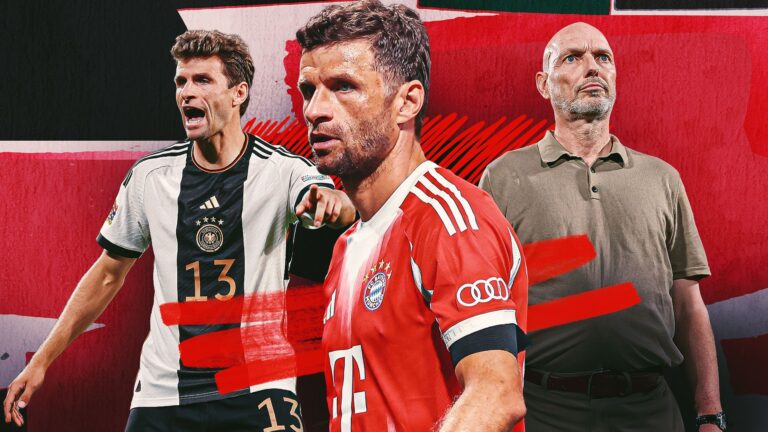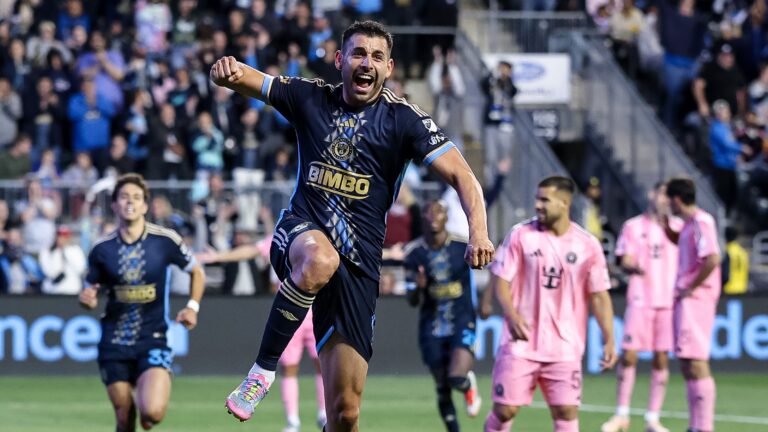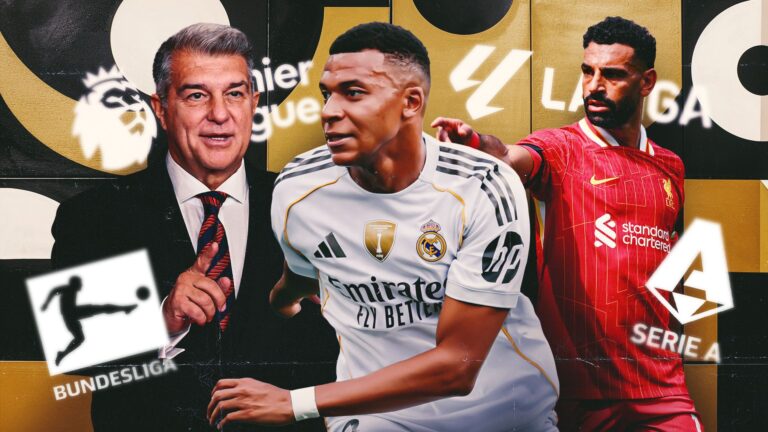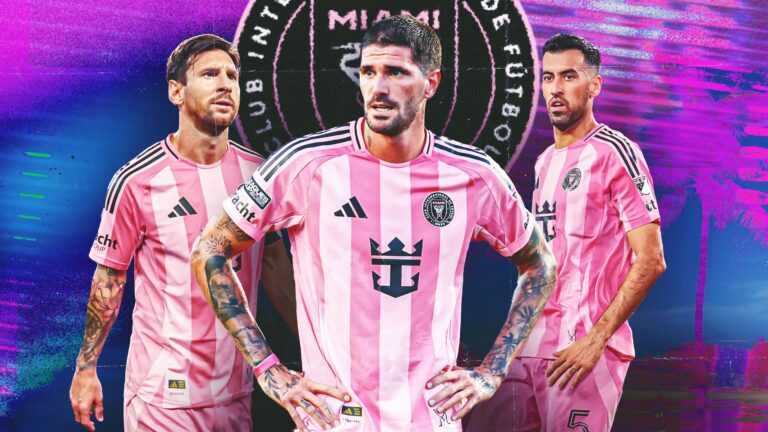Football General Manager
Toni Hernandez does not want to develop a new Lamine Yamal in Los Angeles.
That would be nice, of course – especially given his background. Hernandez was director of La Masia, Barcelona‘s famed youth academy, for four years. He helped Lamine, Gavi, Fermin Lopez, and Pau Cubarsi become regulars for the current La Liga champions. Those guys will play for Barca for years. Lamine’s future knows very few boundaries.
But those are the unicorns. What Hernandez wants, in his words, is a million Marc Casados.
"He had six years in the academy, and one day, Marc Casado is in the first team, in the Spanish national team. You will have a million kids who would like to be like Marc Casado," he tells BALLGM.
Sound limiting? Quite the opposite. Casado is the model La Masia player. Technically gifted, smart on the ball, but also Catalonian through and through, he is the archetype of what an academy can produce by the thousands. That’s Hernandez’s goal. It won’t be easy in Los Angeles, where expectations are high.
The area is rife with talent, but the club, to date, hasn’t been at the cutting edge of bringing players into the first team. In Hernandez, Los Angeles has pretty much the best guy in football available to do just that. A Valencia native, he has 20 years of top-flight footballing experience on both sides of the Atlantic, and a knowledge of the landscape like few others. Stints at Valencia introduced him to the game, before a year in Orlando City plus three more in an elite athletic boarding school in Florida gave him an ideal American soccer education.
Piece it together, and he could have had his pick of clubs. But Hernandez picked Los Angeles, which, he says, is the perfect place for him to give back to the sport that has offered him so much.
"I am 45 years old, with 20 years working in soccer, 17 years with the development of players. Somehow during this time, soccer gave me a good life, and I think I’m in debt to soccer. Being in Barcelona, I was doing my job, and we had quite a success developing players for the first team. And I felt that the time was right now to come to a place where I can give back to soccer," he says.
Hernandez discussed developing Lamine Yamal, his departure from La Masia, and his vision for shaping a new style of footballer in Los Angeles in the latest BALLGM Convo a recurring Q&A with central figures in the American soccer scene.
NOTE: This interview has been lightly edited for brevity and clarity






Toni Hernandez does not want to develop a new Lamine Yamal in Los Angeles.
That would be nice, of course – especially given his background. Hernandez was director of La Masia, Barcelona’s famed youth academy, for four years. He helped Lamine, Gavi, Fermin Lopez, and Pau Cubarsi become regulars for the current La Liga champions. Those guys will play for Barca for years. Lamine’s future knows very few boundaries.
But those are the unicorns. What Hernandez wants, in his words, is a million Marc Casados.
“He had six years in the academy, and one day, Marc Casado is in the first team, in the Spanish national team. You will have a million kids who would like to be like Marc Casado,” he tells BALLGM.
Sound limiting? Quite the opposite. Casado is the model La Masia player. Technically gifted, smart on the ball, but also Catalonian through and through, he is the archetype of what an academy can produce by the thousands. That’s Hernandez’s goal. It won’t be easy in Los Angeles, where expectations are high.
The area is rife with talent, but the club, to date, hasn’t been at the cutting edge of bringing players into the first team. In Hernandez, Los Angeles has pretty much the best guy in football available to do just that. A Valencia native, he has 20 years of top-flight footballing experience on both sides of the Atlantic, and a knowledge of the landscape like few others. Stints at Valencia introduced him to the game, before a year in Orlando City plus three more in an elite athletic boarding school in Florida gave him an ideal American soccer education.
Piece it together, and he could have had his pick of clubs. But Hernandez picked Los Angeles, which, he says, is the perfect place for him to give back to the sport that has offered him so much.
“I am 45 years old, with 20 years working in soccer, 17 years with the development of players. Somehow during this time, soccer gave me a good life, and I think I’m in debt to soccer. Being in Barcelona, I was doing my job, and we had quite a success developing players for the first team. And I felt that the time was right now to come to a place where I can give back to soccer,” he says.
Hernandez discussed developing Lamine Yamal, his departure from La Masia, and his vision for shaping a new style of footballer in Los Angeles in the latest BALLGM Convo a recurring Qu0026amp;A with central figures in the American soccer scene.
NOTE: This interview has been lightly edited for brevity and clarity
BALLGM: First of all, what do you make of Los Angeles?
HERNANDEZ: Everything has been fantastic. had my expectations coming here because I know John Thorrington from years ago, [from] being in Barcelona, we did the transfer of Mamadou Fall to the second team in Barcelona. And we got closer again during the last two years. I knew a lot about the club from him, from conversations. But once I arrived here and I met everyone, I feel that I made the right decision, and this is what I was trying to find for my next step.
BALLGM: It seems like you had a pretty good situation at Barcelona. Why leave La Masia?
HERNANDEZ: I’m super honored to have the chance to be four years working for what I consider is the best academy in the world. The amount of talent that you have and how the club is integrated in the culture of Catalonia, how the people are involved, the belief that we have to operate with the first team. I was honored to be there, it’s a big, big club with a lot of noise. But I am 45 years old, with 20 years working in soccer, 17 years with the development of players.
Somehow during this time, soccer gave me a good life, and I think I’m in debt to soccer. Being in Barcelona, I was doing my job, we had quite a success developing players for the first team. And I felt that the time was right now to come to a place where I can give back to soccer what soccer provided for me for 20 years. And California, for me is a place where you have tons of talent. You see all of these kids playing soccer. You have good weather so they can go outdoors to play soccer every day. And the passion that they have for soccer, you can see when you put together an event here, how people get crazy to go to the stadium, and I think I can help this talent to grow to the professional level.
And on the other side, I like the part where LAFC is a club that has a huge link with the community. And I want to be part of that to give back something to the community, but I want to provide. Who is Toni Hernandez today? Well, that’s thanks to soccer. I want to give it back to the community.
BALLGM: But why America? If you don’t mind me saying, it seems you could have had your pick of country…
HERNANDEZ: Education and sport.
BALLGM: And what does that mean to you?
HERNANDEZ: Obviously, now things are changing a bit. Because always life is changing and it’s growing. But in Barcelona, we say we have to develop players to be in the first team. There is no other way to do our job. We have to. The club believes in that, and the supporters believe in that, and the community believes in that, and you send a message. Here is a culture where academics are important. I was in Orlando for three years, and in the beginning, I got sent crazy GPAs and test scores and I was freaking out. But I had the chance to be involved with the academic development of the kids, and how to help them understand the process.
I did it in Barcelona, too. My first meeting with Lamine Yamal was about that. And now he finished his school. Obviously, he is not going to need it, but if he needed it, or said, ‘I want to do it’, he can. So America helped me a lot, to then try to help Barca academy players, too. I love this system.
BALLGM: You mentioned the kids playing football in Los Angeles, did that almost remind you of Spain? Is there a similar culture?
HERNANDEZ: In the U.S., it’s the closest. I see our organization trying to set something that is not easy, because this country is so big, and put something together in order to facilitate a path for the kids that they want, at least to try. You have a lot of Latinos. So I would say that we had this link from Spain. But the American players, I love the mix. In Orlando, it was different, because there were a lot of Brazilians. Here, maybe there are more Mexicans, more, but for me, there’s this integration.
You get the best of the Latinos and the Americans, and then you can create this link. I always said when people in Spain asked about what the American player is like, and I always remember a couple of players that they had in Orlando who right now are graduating from West Point. I said to my friends, if you told these guys in training you have to run against a wall and crash into it, the question they are going to ask is, ‘What’s the right speed?’ So when you bring this mindset with maybe these street footballers that you can bring from the Latinos and get them in an academy… I am so excited.
BALLGM: So what’s your goal then? At La Masia, you had Gavi, Lamine, all of these players going straight into the first team. Is that your goal for LAFC?
HERNANDEZ: Everyone related with the club would love that. I think with the link that this club has with the community, having kids from this community being in the first team would be amazing. But I think you cannot compare LAFC to La Masia. At Barcelona, there is no discussion. If you go to the club, you know that the club is going to do this, and everyone going to the club is linked. Johan Cruyff was the coach who coached Guardiola, and Guardiola coached Xavi, who was the coach. And now maybe the next coach is going to be Sergio Busquets. Long term, our aspiration is to produce players for the first team.
It is going to sound very, very easy, but it’s very difficult to implement. We have the figure the identity that we want when we see our team, from the age of 11 years old to the 20 years old. We need to know how we will look, attacking and defending then we will try to get it done. We have to train all of these things, and we will work with the coaches in order to work consistently on the topics that are going to help.
And we are going to work on how we look off the field. Because one of the things that we have to take from these clubs like Barcelona is. I’m not going to say Lamine, but I will say like Marc Casado. He had six years in the academy, and one day Marc Cadado is in the first team, in the Spanish national team. You will have a million kids who would like to be like Marc Casado.
BALLGM: So it’s like an example on and off the field?
HERNANDEZ: Exactly. He is one of the players you can be proud of, and that can work for kids.
BALLGM: And finally, what’s the biggest challenge in Los Angeles?
HERNANDEZ: I don’t see difficulties. Each organization is different, each community is different, each country is different, each culture is different. My challenge is as Toni Hernandez is try to make everyone grow personally and professionally, try to give back to the people around me, what I took during all of these years. At the end, I want to look back at the mistakes that we are going to make and all the good things that we are going to do, and say, “I was honest, I was a good colleague, I was a good person.” So if I achieve these things, I get excited.

